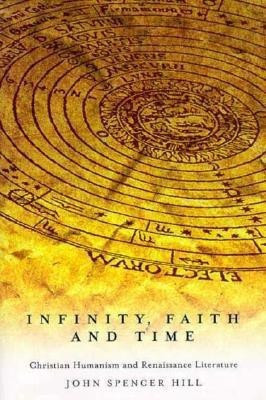Infinity, Faith, and Time: Volume 29(English, Hardcover, Hill John Spencer)
Quick Overview
Product Price Comparison
In Part 1 Hill examines the effect of the idea of spatial infinity on seventeenth-century literature, arguing that the metaphysical cosmology of Nicholas of Cusa provided Renaissance writers, such as Pascal, Traherne, and Milton, with a way to construe the vastness of space as the symbol of human spiritual potential. Focusing on time in Part 2, Hill reveals that, faced with the inexorability of time, Christian humanists turned to St Augustine to develop a philosophy that interpreted temporal passage as the necessary condition of experience without making it the essence or ultimate measure of human purpose. Hill's analysis centres on Shakespeare, whose experiments with the shapes of time comprise a gallery of heuristic time-centred fictions that attempt to explain the consequences of human existence in time. Infinity, Faith, and Time reveals that the sixteenth and seventeenth centuries were a period during which individuals were able, with more success than in later times, to make room for new ideas without rejecting old beliefs.


